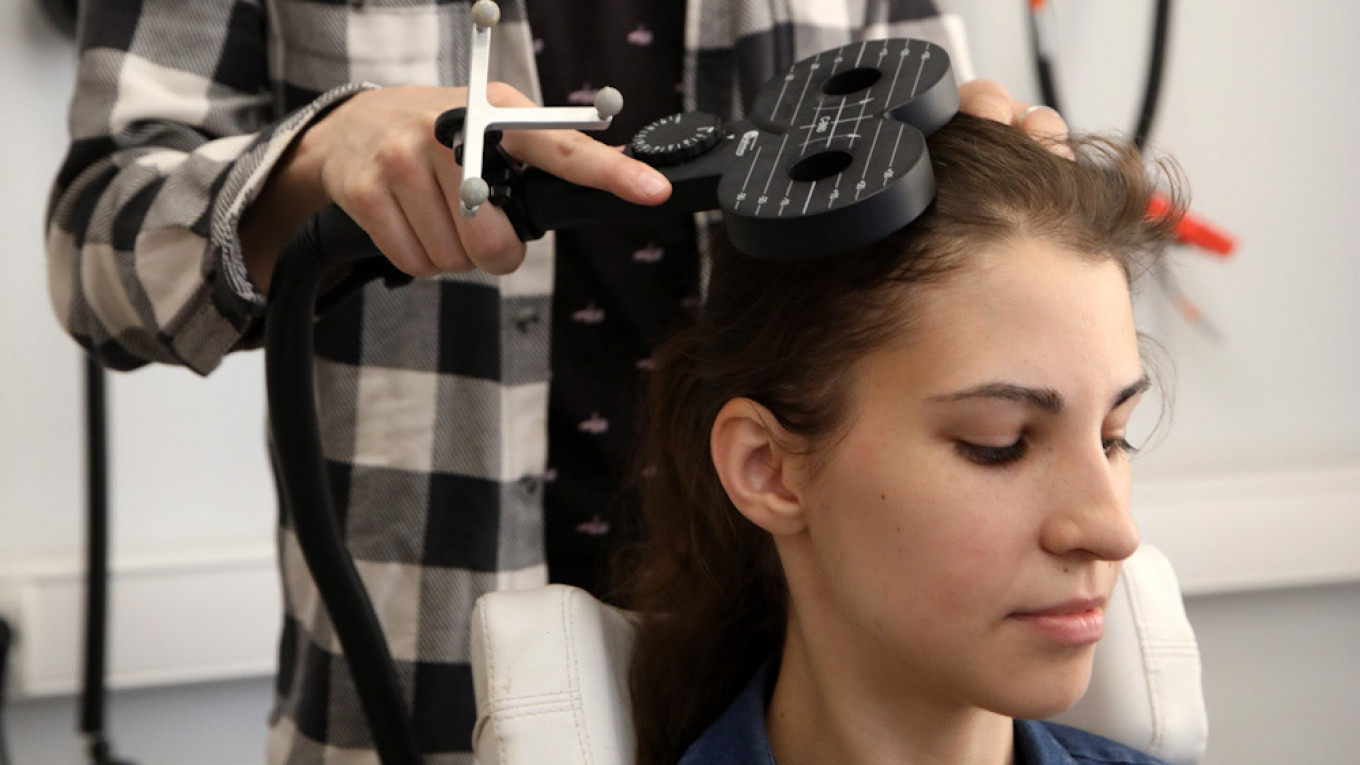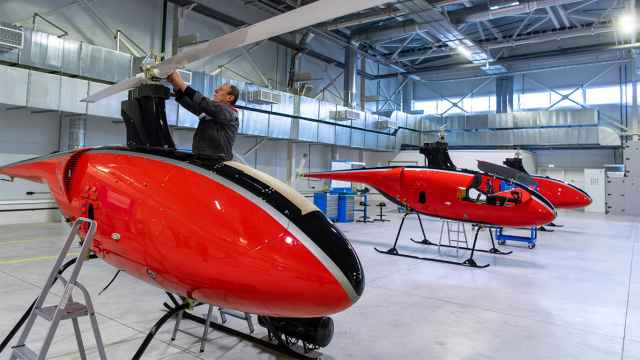Russia has denied reports that it is investing in AI technology that would allow humans to control cars, planes and nuclear power plants through microchips implanted into their brains.
The Kommersant business daily reported Tuesday the government plans to spend 54 billion rubles ($740 million) on the brain-computer interface project as part of Russia’s massive science, healthcare and infrastructure spending plan.
President Vladimir Putin reportedly personally approved the federal program, part of which envisions research into controlling devices with electrical signals from the brain sent to implanted computer chips, in March.
Russia’s Science and Higher Education Ministry reportedly said the “Brain, Health, Intellect, Innovation for 2021-2029” program, devised by the Russian Academy of Sciences in collaboration with the Moscow State University, is in early stages of development.
But later Tuesday its press service denied that it was working on brain chip implants, saying the program had been ruled “unfeasible” in 2020.
The Kremlin said Tuesday it was unaware of any federal program that explores implanting microchips into human brains.
A Message from The Moscow Times:
Dear readers,
We are facing unprecedented challenges. Russia's Prosecutor General's Office has designated The Moscow Times as an "undesirable" organization, criminalizing our work and putting our staff at risk of prosecution. This follows our earlier unjust labeling as a "foreign agent."
These actions are direct attempts to silence independent journalism in Russia. The authorities claim our work "discredits the decisions of the Russian leadership." We see things differently: we strive to provide accurate, unbiased reporting on Russia.
We, the journalists of The Moscow Times, refuse to be silenced. But to continue our work, we need your help.
Your support, no matter how small, makes a world of difference. If you can, please support us monthly starting from just $2. It's quick to set up, and every contribution makes a significant impact.
By supporting The Moscow Times, you're defending open, independent journalism in the face of repression. Thank you for standing with us.
Remind me later.






